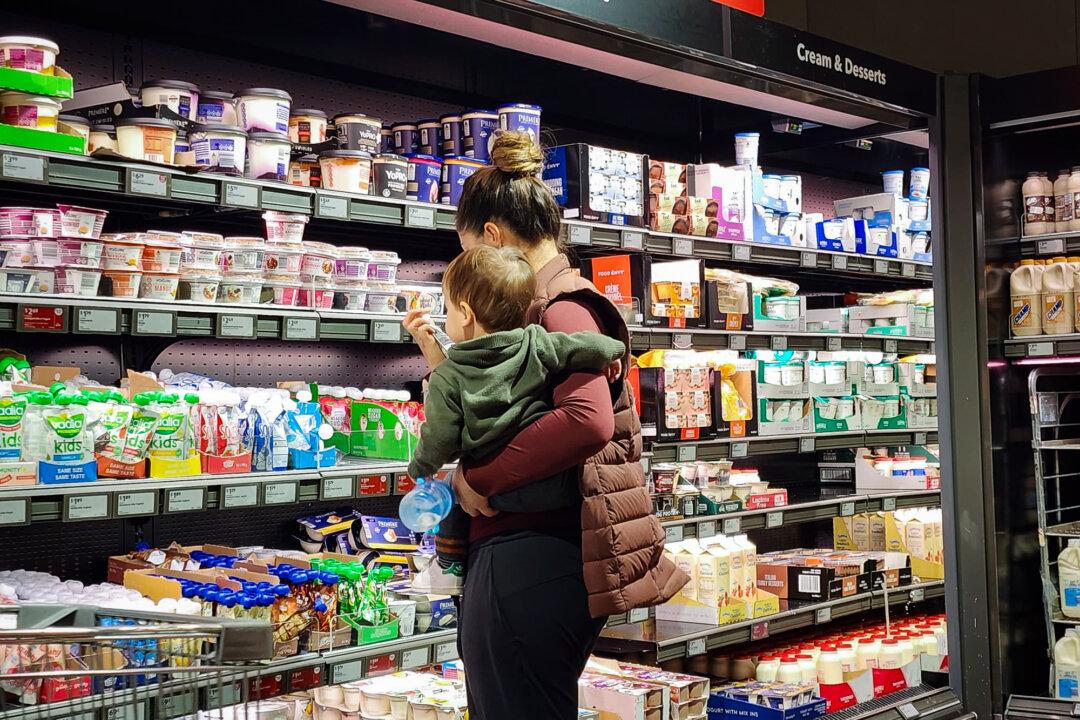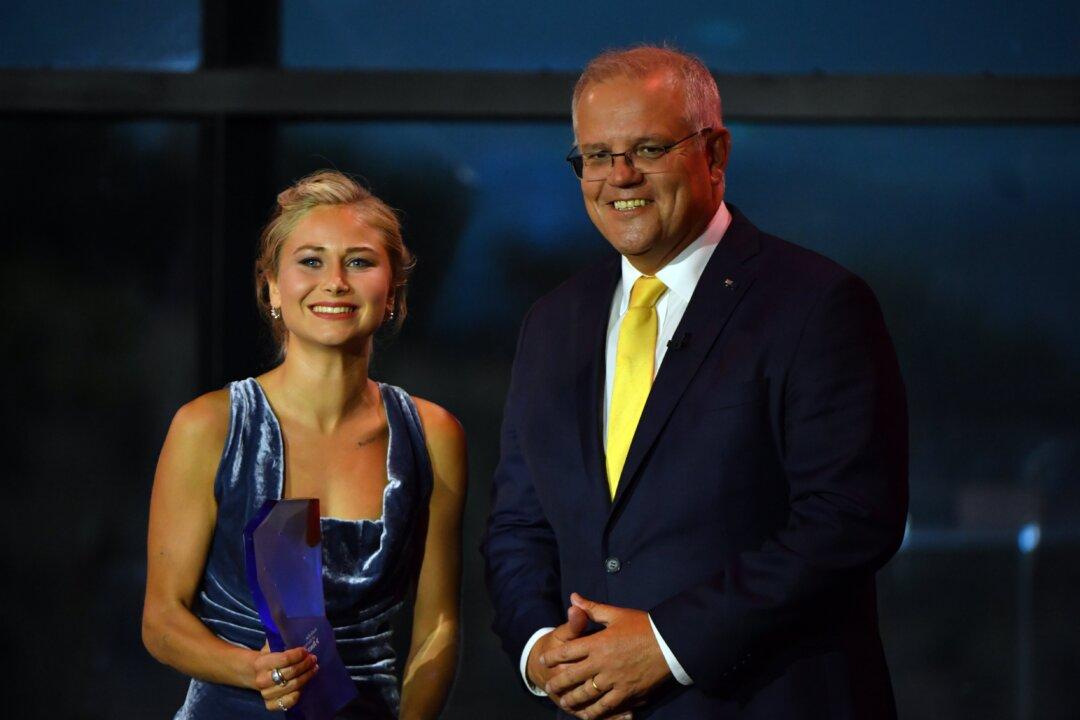The Australian Retail Association (ARA) says new measures put forward by the federal government to curb “shrinkflation” are overlooking broader economic issues.
On Oct. 3, Prime Minister Anthony Albanese revealed he was planning to create tougher regulations for supermarkets to raise awareness about “shrinkflation” —the practice of decreasing a product’s weight or volume while maintaining or increasing its price.





